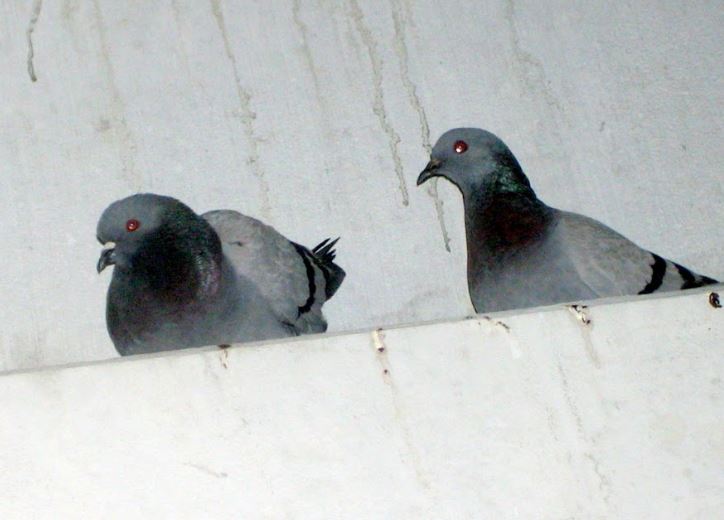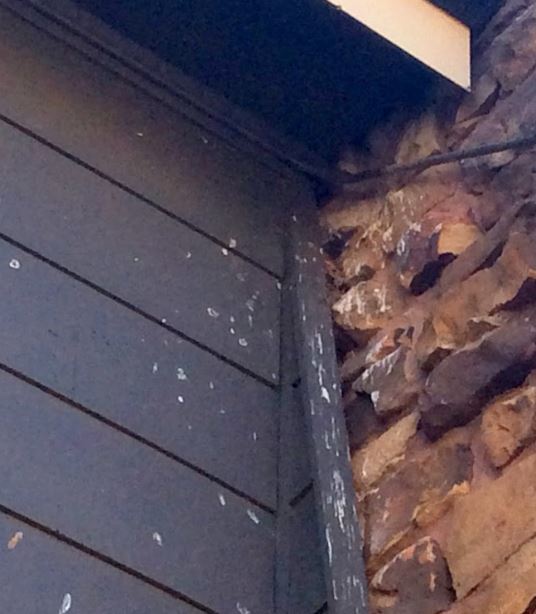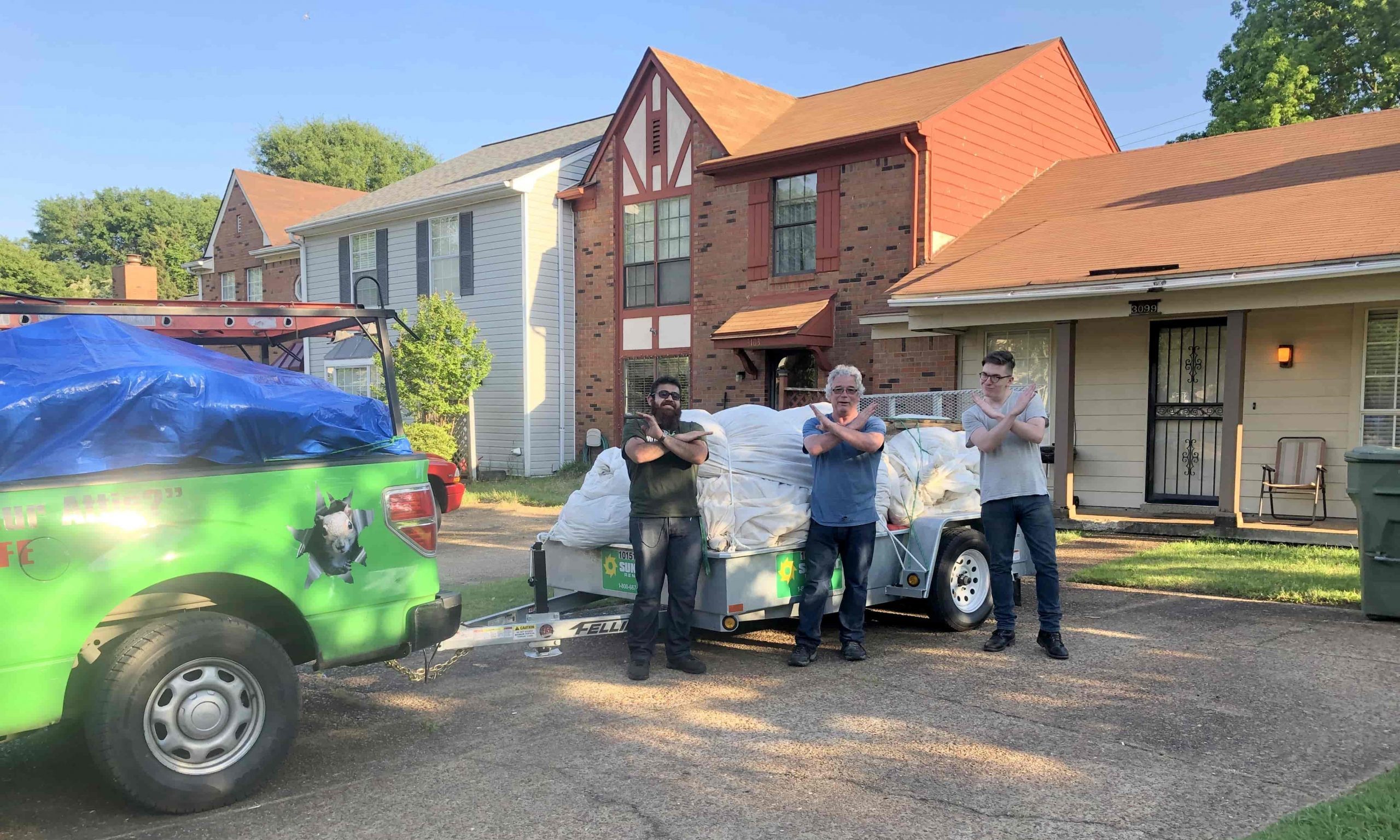
Call for Your Exclusive Wildlife Inspection Report.®
Bird Control
Watching birds float around the sky is one of nature’s most fascinating sights. However, when you have birds roosting on your house or property, you begin to realize they’re not as adorable as they seem from afar.
Many bird species like feral pigeons, house sparrows, common starlings, crows, and gulls are classified as pests because of the havoc they can wreak.
Birds sometimes pick up residence in buildings and they roost in places like beams, attics, warehouses, parking garages, and more. Residential buildings, as well as industrial buildings, in the Oklahoma City area, are commonly disturbed by some of these pest birds. Here are some of the damages they can cause:
Diminishing the structural integrity of a building
The feces of birds are known to be corrosive, which accelerates rust when it comes in contact with metallic surfaces. Woodpeckers, in particular, are known to directly damage wooden structures.
Pollution & health risks
Having bird feces all around a property is unhygienic. In industrial plants, it can contaminate raw materials. Furthermore, birds are known to transmit over 60 diseases to humans through their feces, including histoplasmosis, cryptococcosis, and psittacosis.
Crop theft
Birds also steal agricultural produce. If you have a garden at home, they will eat your fruits before you get a chance to do so.
We understand the frustration birds can cause and that’s why Wildlife X Team Oklahoma City is here to help you out.
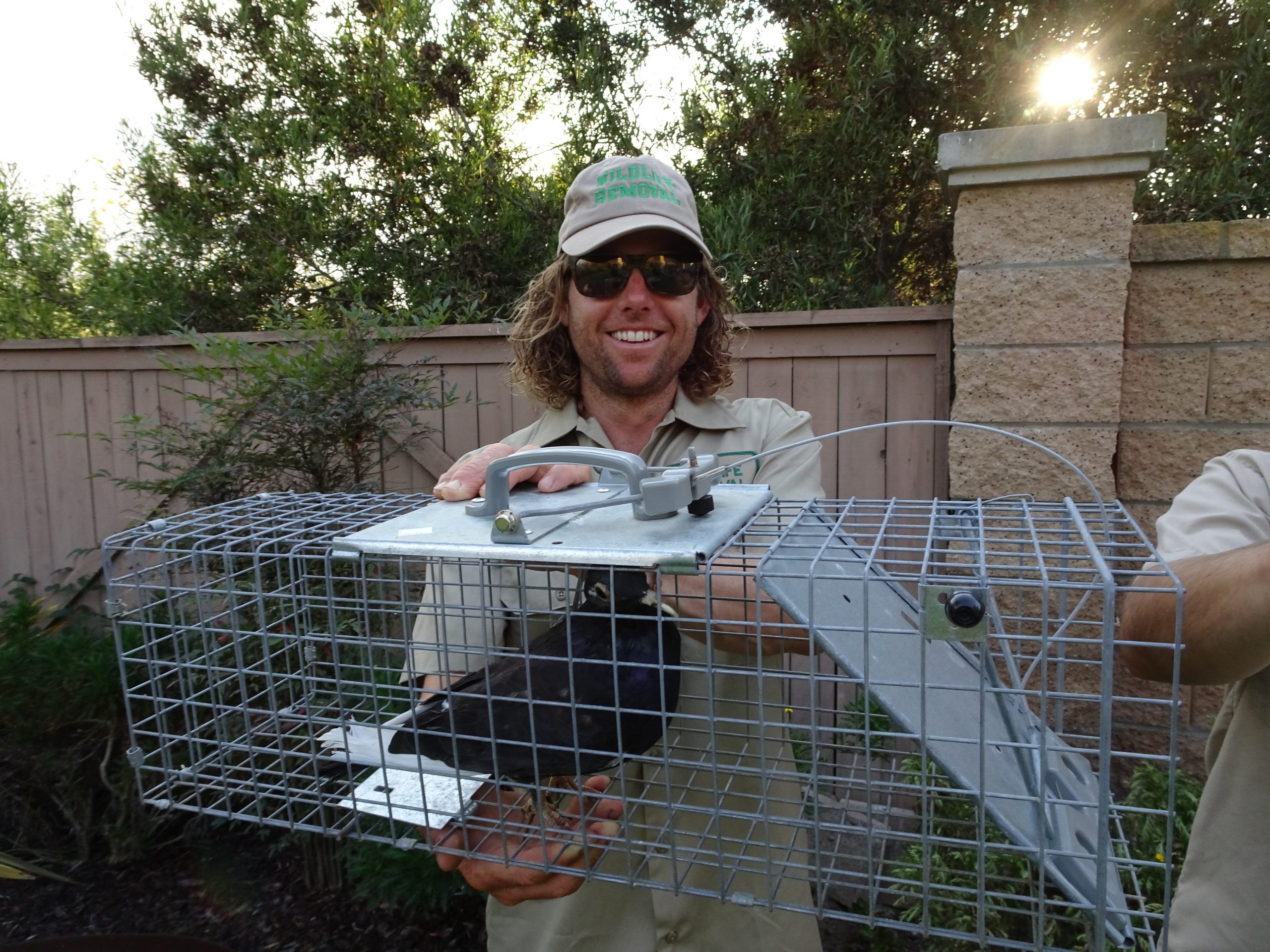
Bird Control Methods
Because many birds are protected by the federal Migratory Bird Treaty Act, bird control methods are restricted to the following means.
Bird netting
Netting acts as a natural barrier that humanely excludes birds from specific areas like gardens and canopies. If effectively implemented, it can provide protection against bird roosting all year.
Bird spikes
These are pointed metallic or plastic structures installed on specific areas to create a no-landing zone for birds. They are most suited for narrow surfaces like signage, security cameras, windows, ledges, and light posts.
Shock tracks
Shock tracks deliver a mild electric shock any time a bird lands on an unwanted surface. The mild discomfort felt forces it to immediately leave. This can help prevent birds from roosting in an unwanted area.
Get Quote for Your Exclusive Wildlife Inspection Report.®


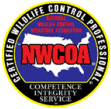
Predators
Natural predators of birds include cats, owls, and larger birds of prey. Having a cat around can help reduce their number. Also, having plastic decoys of these predators can help keep birds at bay. However, their position has to be regularly changed so that birds don’t get acclimatized to it.
Avicide poison
Avicides are a type of poison specifically used to target pest birds like sparrows, starlings, and pigeons. Because they are lethal, their use is highly restricted. Make sure to check with your local wildlife authority before poisoning birds.
Trapping
Bird trapping is subject to federal laws and is restricted to pest bird species. Adequate trapping requires an adept understanding of bird behavior. At Wildlife X Team Oklahoma City, we can help you safely, legally, and effectively catch and remove nuisance pigeons and some other species from your property.
Decontamination
Once the bird problem has been solved, then the infected spaces must be properly cleaned. This involves the removal of droppings, feathers, roosting materials, and other wastes. The areas must then be decontaminated to destroy all organic matter.
At Wildlife X Team Oklahoma City, we can help you develop an effective bird control strategy that will eliminate your bird problem once and for all. If you live in the Oklahoma City area, contact us today!
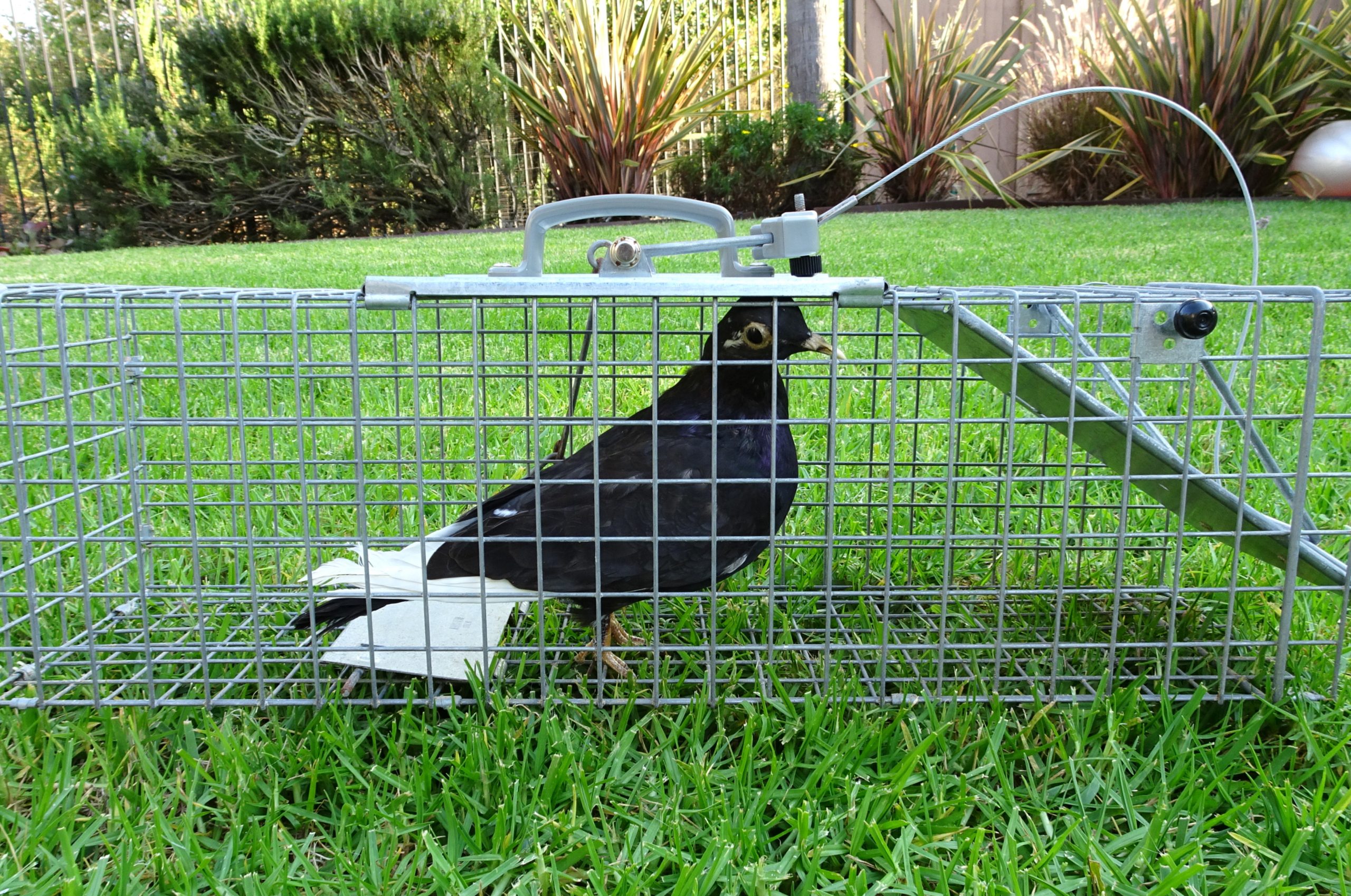
Damages Birds Can Cause in Your Attic
Of all of the nuisance wildlife that could get into your attic, birds are not that bad, right? Wrong! As it turns out birds can actually be very destructive, and they can potentially cause serious damage when they get into your attic. It is very important to remove the birds as soon as possible. Continue reading to learn more about the damages birds can cause in your attic.
Insulation Damage
One of the seemingly harmless, yet highly destructive problems that birds cause is insulation damage. When birds begin making nests once they are in your attic, they will often use a lot of insulation. In addition, the droppings the birds leave everywhere can also begin to ruin your insulation’s insulative properties. Since insulation is vital to homes, this damage that birds cause can be costing you large sums of money in increased energy bills in the long run. Not to mention, the droppings the birds leave everywhere will stain the insulation and make it smell, potentially spreading bad odors around your home.
Corrosion
One serious problem that birds cause while in attics is the potential for rapid corrosion. Bird droppings are highly corrosive, and while this does not seem like that big of a problem in some homes, in others it really can be. Since this corrosive material will cause the metal to rust and corrode at a rapid pace, it can eventually cause a serious weakening of the structural strength of metals. At best, this could just mean a piece of non-load-bearing metal eventually gives away. At worst, a portion of the roof of a home or building could collapse, costing a lot of money to repair, and possibly even harming people. Corrosion is especially serious in commercial buildings or in any public works, as these have the potential to harm dozens of people at once, with no advance warning at all.
Fire Hazard
While birds live in attics, they can even cause the potential for fire hazards to occur. Oftentimes, birds will set their nest up in the warmest place they can find. Often, this will be very close to the nearest HVAC duct or vent. This might not seem like a big deal, but nests are highly flammable. If the HVAC system heats up a lot for some reason, it could ignite a more flammable material in the nest. This could cause a fire in the attic which would lead to a whole home or building burning to the ground. The fire hazards of birds are pretty severe in many circumstances, so it pays to take care of bird problems.
Woodpeckers
While woodpeckers are unique creatures, this also causes them to be highly destructive, as far as bird species go. Woodpeckers are often found ramming their beak into wooden structures in search of food, or sometimes, even shelter. This carving of holes might not seem like a big deal, but it can be very serious. First off, the carving of holes can weaken wooden structures, which is especially serious if they are load-bearing. Once there are holes in the wood, the smallest amount of moisture could cause them to begin rotting, which could eventually lead to a total collapse of the entire wooden structure. This is a serious reason, and it should be dealt with by removing the birds as soon as possible.
Why hire Wildlife X Team Oklahoma City?
Here at Wildlife X Team Oklahoma City, we have years of experience in dealing with bird problems in attics, as well as bird problems virtually anywhere. Whether you need someone to perform wildlife removal services, or you are looking for decontamination, wildlife exclusion, or animal damage repairs, we have you covered. If you have a nuisance wildlife problem of any kind, be sure to give us a call at Wildlife X Team Oklahoma City today, as we would love to help you out!
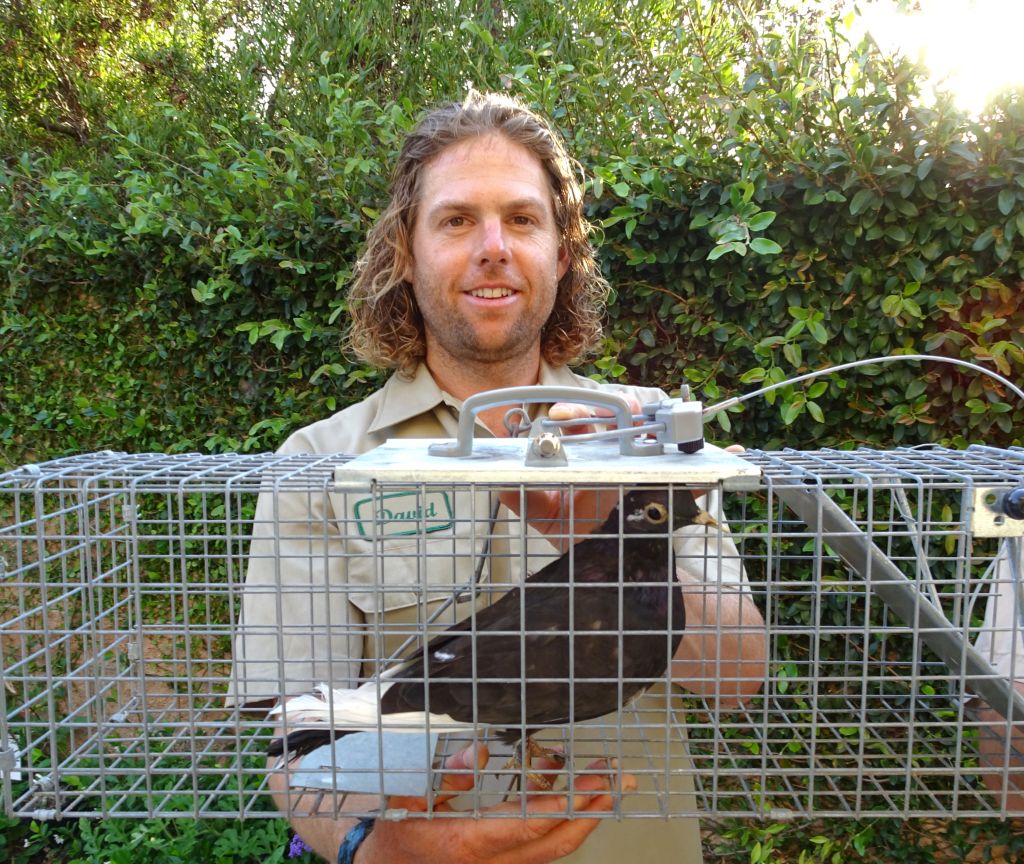
How to Keep Pigeons Out Of The Roof
In the wild, birds are known for perching in high places like treetops. Bird species like pigeons have also learned to take advantage of high man-made structures like rooftops to roost and even nest.
But having pigeons on the roof is highly undesirable for several reasons. First off, they leave an ungodly amount of waste. And that’s just the beginning. Their droppings contain uric acid, which is highly acidic, accelerating the corrosion and damage of roof materials.
What’s more, pigeons also pose several health risks – from E Coli to histoplasmosis to salmonellosis. Histoplasmosis, in particular, is caused by a fungus found in pigeon dropping, and it can result in respiratory complications in humans when inhaled.
As a world-class removal company, Wildlife X Team Oklahoma City also specializes in effective bird control. In this post, we explore some of the best ways to keep pigeons out of the roof.
- Install scare-pigeons
Decoys of birds of prey (like hawks and owls) and lightweight kites have been shown to deter pigeons from nesting on the roof. Understandably, no pigeon will dare roost in a predator territory (unless it has a death wish).
But the issue with this strategy is that with time, pigeons might figure out that it’s only a decoy with no real threat. To prevent acclimatization, you must change the position of the decoy from time to time.
- Use reflection surfaces
Birds like pigeons rely on a clear line of sight to sustain orientation. Now, when the sun hits a reflective object, it creates a prism that interferes with the pigeon’s eyes. This forces them to change direction.
You too can take advantage of this weakness. Install reflective surfaces like mirrors, aluminum foil, reflective tapes, or even old CDs, in areas around your roof. This disorients the pigeons and keeps them at bay.
- Install a chimney cap
Pigeons sometimes take up residence in the chimney because of the warmth of the fireplace. Installing a chimney cap will make your chimney inaccessible to these nuisance birds.
- Install bird spikes
Pigeons also love to roost on ledges of the roof. To prevent that from happening, install bird spikes. Bird spikes are usually made from metal or plastic, and their sharp tips make them very uncomfortable to land. This, in turn, prevents pigeons from perching or nesting in areas where these spikes are installed.
- Apply bid gels
Bid gels are effective bird repellents. It works by using a translucent and sticky chemical to cover areas frequented by birds. Once a bird lands on it, its feet get stuck. It then has to struggle before it’s able to break free. To prevent a similar experience in the future, the bird learns never to land on that surface again.
- Bird netting
Bird netting can be used to seal off spaces above barn rafters, as well as other potential roosting spots.
- Apply repellents
Some homeowners have found mild success with natural repellents in getting rid of pigeons. Pigeons dislike the scent of spices like pepper and cinnamon, cayenne pepper, and chili powder. Hence, applying them in pigeon-infested areas can help drive them away.
However, the main drawback is that repellents on the roof wear off easily, especially when rain washes it or wind sweeps it away. Hence, they need to be constantly reapplied to be effective.
- Remove attractants
If there are other attractants in your yard, pigeons will roost on your roof to remain in proximity to these attractants. Examples of such attractants include bird seeds and a ripe garden, among many others. That’s why you need to remove them.
Wrap Up
Do you constantly have to deal with nuisance pigeons roosting on your roof? Wildlife X Team Oklahoma City can help you with effective bird control that will keep pigeons off for good.
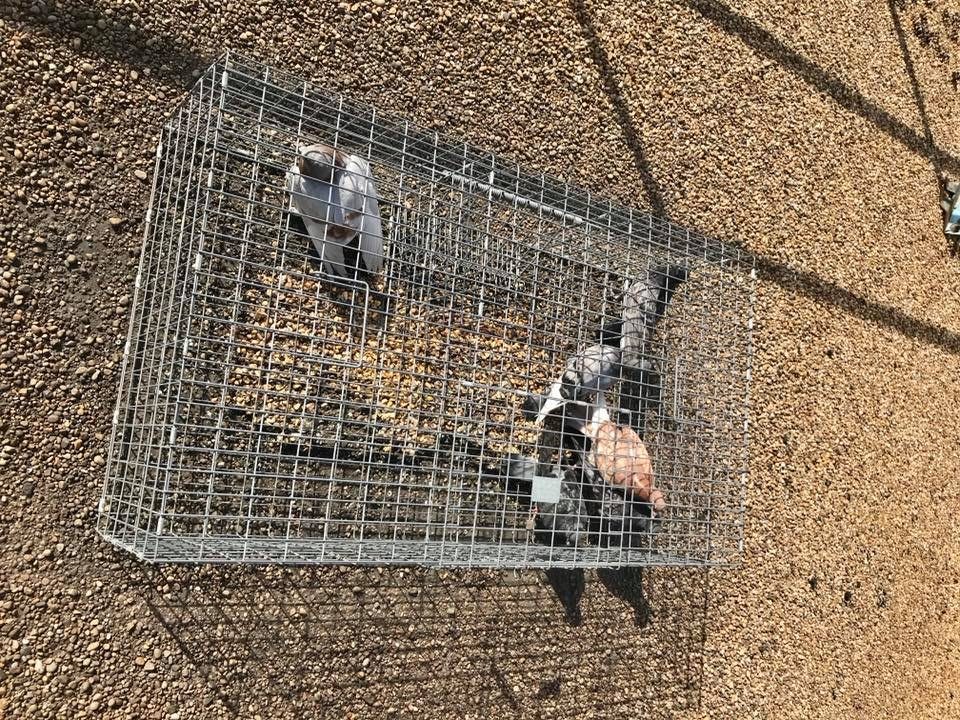
How To Keep Pigeons Out Of The Soffit?
The soffit is the part of the home beneath the overhanging roof and the exterior wall of the house. It protects the home against water damage and keeps your attic well ventilated.
Since it’s under the roof and somewhat secluded, it makes a great place for pigeons and other birds to build a nest. This isn’t good for you or the state of your home, so you should do your best to keep birds away from your soffit.
Pigeon Problems
Pigeons are often called “the rats of the sky” because they’re disease-ridden and filthy. Having them resting in a part of your home leads to a lot of serious issues.
- They are spreading disease. Pigeons are responsible for spreading diseases like salmonella, histoplasmosis, and cryptococcosis. Having these illnesses is very dangerous, and it can even be fatal. That’s why you should work to keep these animals out before you or your household gets sick.
- Carrying parasites. Much like rats, pigeons are known to carry several parasites like ticks, mites, and even bed bugs. Each of these parasites carries its own set of diseases, and they can be a nightmare to remove from your home.
- Ruining appearances. If you’ve worked hard to give your home a good aesthetic, then you should be wary of what pigeons can do. Their droppings are corrosive, and they leave them everywhere. Over time this will permanently damage parts of your home and leave stains. No one wants that to happen, so you should take preventative measures.
Pigeon Prevention
To avoid pigeon problems, you should take preventative measures to keep these birds out of your soffit. There are lots of different techniques you could use; some are more effective than others.
- Fear of predators. Pigeons are fairly small animals, so they have lots of predators. You can scare them away by giving the illusion that their hunters are nearby. Try adding aluminum foil or silver streamers in your garden. This shimmer and reflect light, so a pigeon might think it’s a snake moving through your grass. You could also place statues of birds of prey nearby since pigeons are scared of them. Just keep in mind that this method doesn’t always work.
- Food source removal. Birds come to your home because there’s food nearby. If you remove that food, then they’ll have no reason to stick around. Cover your outdoor garbage bins to keep pigeons from eating your scraps. You should also move or repair bird feeders in your garden since pigeons will bully and steal from more pleasant birds anyway. Finally, you should clean your gutter regularly since it collects water that pigeons could drink.
- Bird spikes and gel. Bird spikes and bird gel both make landing on your roof uncomfortable. This gives pigeons one less area to stand on, so they’ll likely leave the area.
- Bird netting. To keep pigeons out of your soffit you should place some bird netting over the area. This physically blocks these animals from getting in, so it’s a great way to solve your problem.
- Home repair. Pigeons sometimes use cracks and crevices in your home to access the soffit. If you find any nearby, you should seal them up with some sturdy material to keep these birds out.
- Professional help. You should call an expert to help you remove and prevent pigeons. These professionals will be able to provide you with a customized solution that fits your needs, so don’t hesitate to contact them.
